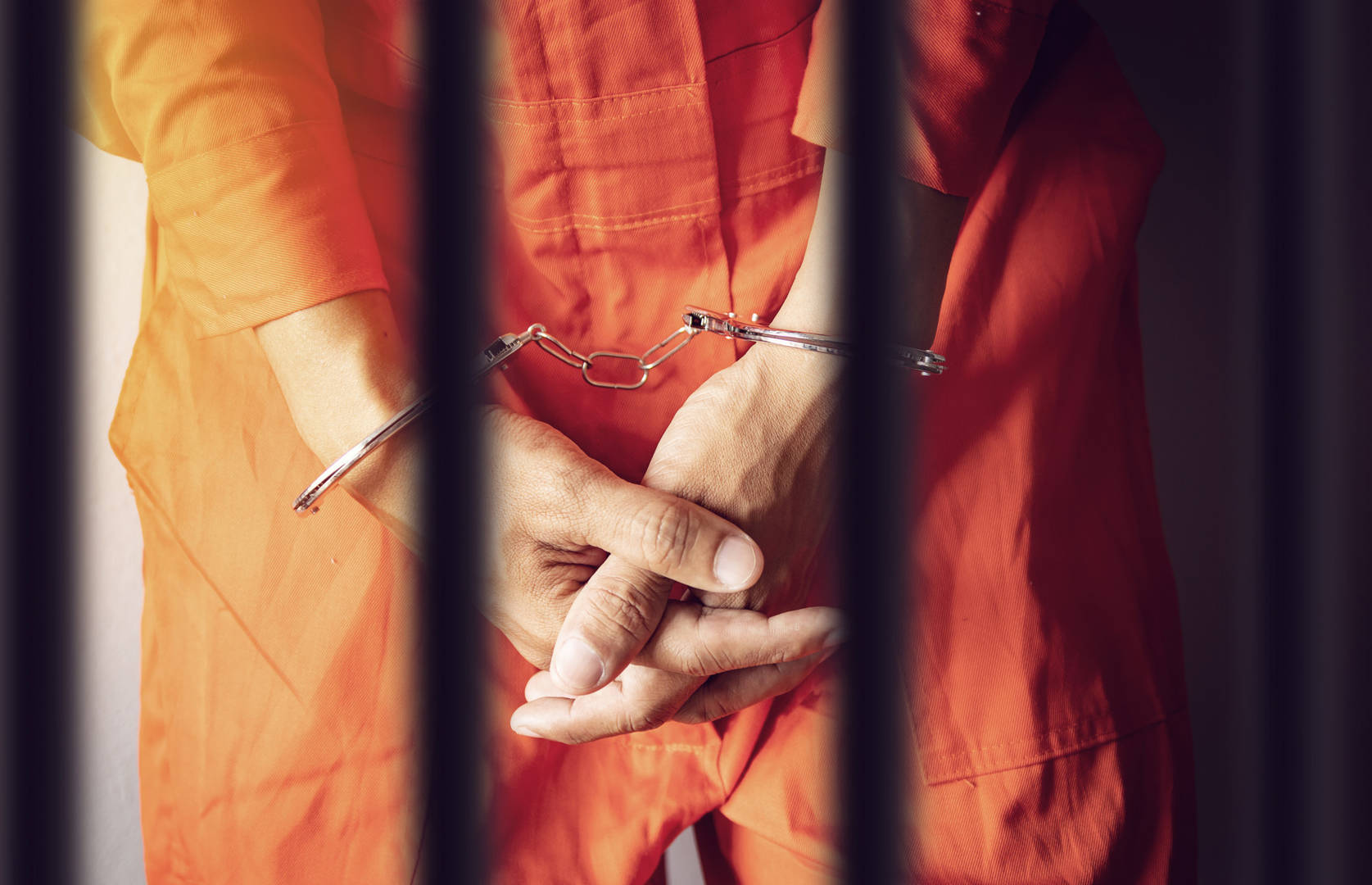If you think you know everything there is to know about federal prisons, think again. Here are six things you probably didn’t know about these correctional facilities.
1. There are three different types of federal prisons
Federal prisons are categorized according to the type of offense the inmates have been convicted of. The three categories are minimum, low, and high security.
Minimum security prisons are also known as “camp prisons.” These facilities are designed for prisoners who pose a low risk to society. Inmates in minimum security prisons typically have nonviolent offenses.
Low-security prisons are for prisoners with a higher risk to society than those in minimum security prisons. Inmates in these facilities may have committed violent offenses. However, they are not considered to be a danger to the public. This is also one of the best federal prisons for sex offenders due to the higher security. If you deem your criminal offenses not dangerous to the public, speak with a federal prison consultant about the best prison options for you.
High-security prisons are for prisoners who pose the highest risk to society. Inmates in these facilities have usually been convicted of very serious offenses. They are considered to be a danger to the public.
The type of federal prison an inmate is sent to is determined by the offense they have been convicted of, their criminal history, and their perceived risk to society. However, inmates can be transferred to a different security level if their behavior or circumstances change.
2. Inmates in federal prisons are not allowed to vote
In federal prisons, inmates are not allowed to vote. This is because they have been convicted of a felony and, in most states, felons are not allowed to vote. Inmates are also not allowed to vote because they are considered part of the prison population, not the general population.
A few states allow felons to vote, but federal law does not permit it. This is because voting is a privilege, not a right. Inmates are not considered part of the general population and therefore do not have the same rights as other citizens.
Some argue that inmates should be allowed to vote because they are still human beings and should have a say in how their country is run. However, others argue that inmates have broken the law and should not be allowed to participate in the political process.
3. There are several benefits available to inmates in federal prisons
Inmates in federal prisons have access to several benefits they may not be aware of. These benefits include education, job training, medical care, and recreational activities.
One of the most important benefits available to inmates is access to education and job training. This can help them prepare for life after release and improve their chances of finding employment. Inmates who participate in these programs also have the opportunity to earn money while they are incarcerated.
Medical care is another significant benefit available to inmates in federal prisons. Inmates have the right to receive necessary medical care, including mental health services. They also have the right to appeal any decisions about their medical care.
Inmates also have access to recreational activities. These activities can help them stay fit and healthy while they are incarcerated. They can also provide a welcome break from the monotony of prison life.
Finally, inmates in federal prisons can participate in faith-based programs. These programs can help them connect with their spiritual side and support them during incarceration.
4. Inmates in federal prisons are prohibited from possessing cell phones
Inmates in federal prisons cannot possess cell phones for various reasons. The most obvious reason is that cell phones can be used to facilitate criminal activity, both inside and outside of prison walls. For example, inmates could use cell phones to coordinate escapes or drug smuggling operations. In addition, cell phones can be used to smuggle contraband into prisons, such as drugs or weapons.
Another reason why inmates are not allowed to have cell phones is that they can be used to threaten or intimidate prison staff and other inmates. Inmates have been known to use cell phones to make death threats and other harassment against prison staff members and their families. Gangs have also used cell phones to coordinate violence against rival gangs inside prisons.
Finally, cell phones can be used to evade the monitoring of prison authorities. Inmates could use cell phones to communicate with the outside world without being detected, making it more difficult for prison staff to keep track of their activities.
5. Several famous people have served time in federal prison
Some famous people who have served time in federal prison include Martha Stewart, Michael Vick, and Bernard Madoff. Other famous people from recent history include Al Capone, George Raft, Machine Gun Kelly, Billy the Kid, Bonnie and Clyde, and John Gotti. While serving their sentences, these celebrities and famous people had to abide by the same rules and regulations as all other inmates.
6. Federal prisons are operated by the Federal Bureau of Prisons (BOP)
The Federal Bureau of Prisons (BOP) is a law enforcement agency within the United States Department of Justice that is responsible for the administration of the federal prison system. The BOP was established in 1930 by an act of Congress. The agency has its headquarters in Washington, D.C., and is overseen by the Attorney General of the United States.
The BOP’s mission is “to protect society and reduce crime by providing correctional and detention services that are safe, humane, cost-efficient, and appropriately secure.” The federal prison system comprises over 100 facilities nationwide, ranging from low-security to high-security. There are also several specialized facilities, such as those for women or juveniles.
In addition to its prisons, the BOP also operates several community-based programs, such as halfway houses and work release centers. These programs provide inmates with the opportunity to reintegrate into society and reduce their risk of recidivism.
The BOP is the largest correctional agency in the United States, with over 25,000 employees. The agency has an annual budget of over $6 billion.
So there you have it—six things you probably didn’t know about federal prisons. Whether you’re interested in learning more about the Federal Bureau of Prisons or you’re simply curious about these correctional facilities, we hope this article has been informative.










